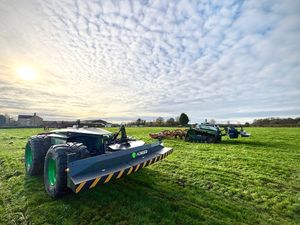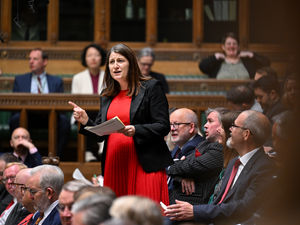Reaseheath students take top prizes in Great Farm Challenge
Agricultural students at Reaseheath College, Cheshire came top of the class in a regional challenge which proved they understand best environmental practice.
Three teams of Level 3 Extended Diploma students qualified for the north west finals of The Great Farm Challenge, a competition run in partnership with Natural England, the Environment Agency and United Utilities. Their presentations on how to improve water quality on farm so impressed the judges that one Reaseheath team won the competition while another came third.
The competitors, who also came from Myerscough and Newton Rigg colleges, spent three months reviewing farming practices which help to improve water quality. The students attended interactive learning sessions and went on a farm walk, then produced reports on the issues and changes needed to improve water management on the farm they visited.
Judges from the partner organisations selected the best reports for presentation at the Grand Final, held at the NFU headquarters at Skelmersdale.
First prize of £150 worth of vouchers plus a trophy was awarded to Reaseheath’s Bethany Osborne and Rachael Millward for their recommendations on water management while Oliver Haines and Harry Fletcher took third prize for their presentation on pesticide and herbicide usage. A third team of Reaseheath students, Jason Casey, Henry Bryan and Harry Cowell, just missed out on a place after a worthy presentation on soil management.
Andy Wagstaff from Natural England explained: “The aim of the competition was to improve the students’ understanding of the impact of agriculture on water sources. This meant focusing on minimising run off from pesticides, nutrients and suspended solids while also looking at ways of using water wisely on the farm.
“The key thing about The Great Farm Challenge is that it allows us to talk to the farmers of the future and get them thinking about how farming practices impact on the environment. It’s also important to show that we can have good profitable farming while safeguarding the environment.”





